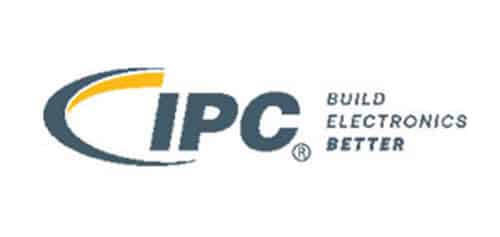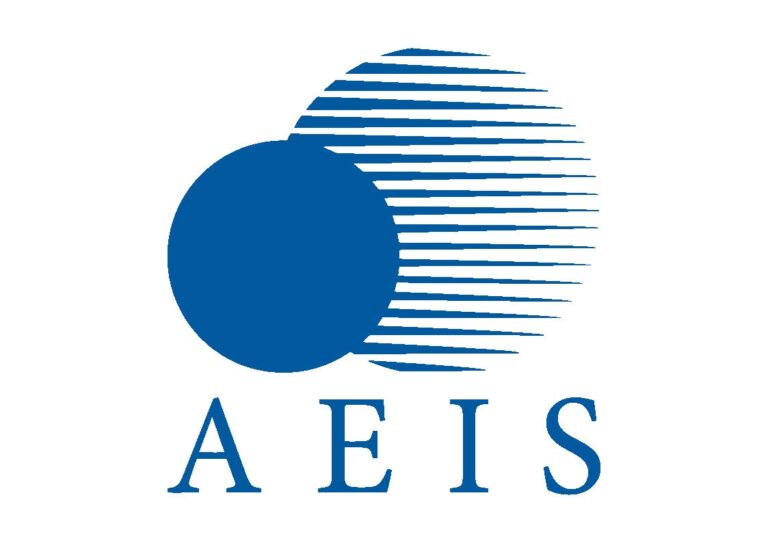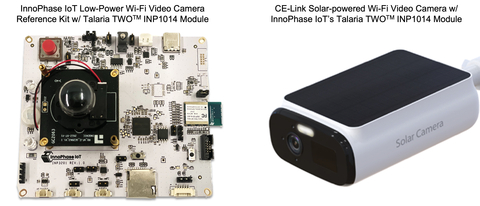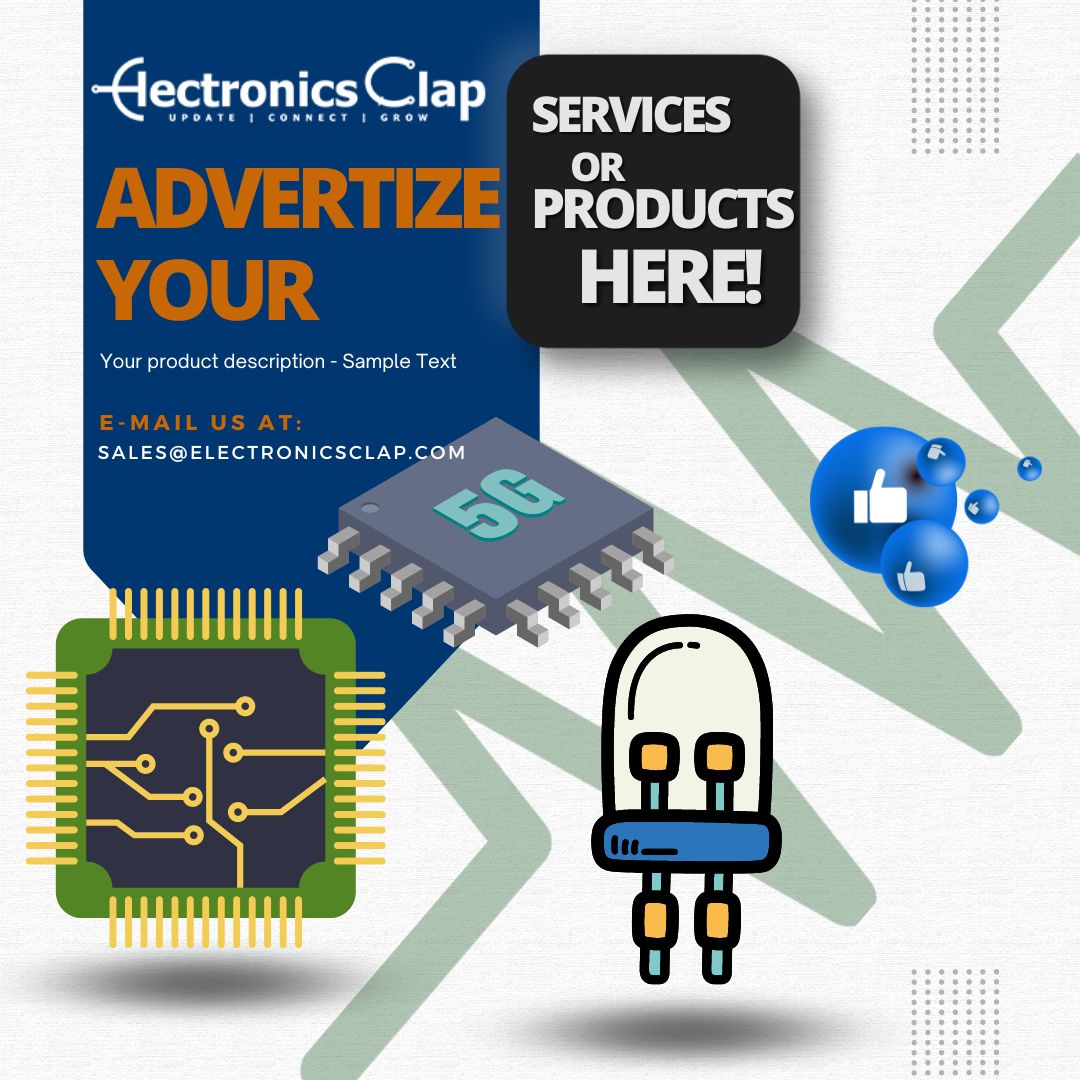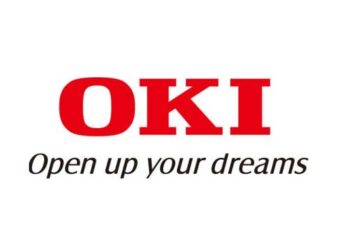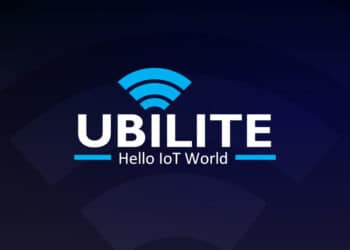InnoPhase IoT, Inc., a fabless semiconductor company specializing in ultra-low power Wi-Fi IoT solutions, launched a Talaria TWO Ultra-low power (ULP) Wi-Fi optimized market-ready solution for cloud-connected IP video IoT devices. Increased demand for long battery life, low-power wireless video cameras is no longer limited by wires, placement, or constant battery changes. In addition to such applications as battery-operated video cameras, smart video doorbells, wearables, smart appliances, home security cameras and in-vehicle dashboard monitoring devices, OEMs and ODMs are introducing new categories of video devices with designs that use solar technology and artificial intelligence (AI) as important parts of new solutions.
The Talaria TWO ULP Wi-Fi and BLE platform is the technology behind InnoPhase IoT’s low-power, long-battery life solution. Using a dual-stack power-optimized software solution combined with an advanced digital polar radio design, the multiprotocol cloud-connected platform eliminates the challenges involved with yesterday’s power-hungry processing of video IoT designs.
InnoPhase IoT Talaria TWO wireless platform for video use-cases include:
- Supports up to 2K camera resolution
- Integrated MCU within Talaria TWO enables off-loading of TCP-IP networking and cloud connectivity stack when ISP is powered down to conserve power
- Always ON, Always Connected feature enables low latency and mitigates image loss issues
- Ultra-Low-Power (ULP) Wi-Fi at BLE power levels enables 2-4X improvement in battery life
- Ease of use by provisioning Wi-Fi using integrated BLE
Until now, untethered wireless cloud connectivity and elusive long battery life were two major design barriers for video IoT. In fact, approximately 10% of video cameras are currently battery-operated primarily because of battery-life limitations. Yet moving to a wireless format, however, wasn’t possible since ubiquitous Wi-Fi is inherently power-hungry, rapidly draining video camera’s batteries. The possibility of adding even more features such as AI would have meant an even shorter battery life.
The new InnoPhase IoT video solution features address all of these previous challenges with a solution available now that provides 40% lower power consumption and 1+ year battery life performance. InnoPhase IoT also offers device developers a variety of market-ready solutions from OEMs and ODMs.
“At Ingenic, we’re all about providing low-energy computing necessary for today’s smart video devices,” said Zoro Huang, Director of Video Sensing product line. “The ability to access complete and market-ready solutions is critical for IoT video designs that are moving so rapidly. InnoPhase IoT’s delivery of a low-power end-to-end solution gives us an easy and fast way to get to market.”
“Using InnoPhase IoT Talaria TWO and an Ingenic T31 integrated reference design, we have been able to build an AI-enabled smart video camera with battery life 2-3x longer than today’s solutions. We’re also achieving multi-year battery life when augmented with a solar panel,” said Larry Yang, Product Manager of smart product line at CE-Link, a wireless video camera OEM solution provider. “This solution is easily customized to meet end-customer needs, enabling them to quickly bring their branded wireless camera solution to market,” he added.
According to Jason Lim, CEO at Kenxen, Taiwan, an ODM focused on smart video camera manufacturing, “We selected the Talaria TWO Wi-Fi/BLE module as it enables ultra-low power direct-to-cloud connectivity for battery operated cameras. This allows us to offer quick time to market video products for our end customers.”
“Our complete solution shatters the outdated belief that Wi-Fi is too high-powered for battery-based video camera applications,” said InnoPhase IoT President and COO Wiren Perera. “InnoPhase IoT’s Talaria TWO untethers cameras from all wired power and network connections, resulting in more accurate data for cloud processing. It supports the addition of enhanced features such as artificial intelligence and unleashes design creativity only possible with the low-power, long battery-life model.”
The market-ready solutions are currently available for evaluation. A reference kit includes hardware and software integration with an image signal processor (ISP), cloud connectivity software and access to original design manufacturers.
